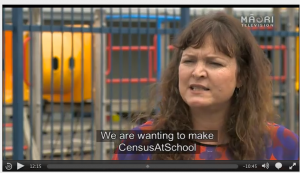March 18, 2015
Briefly
- Large-scale data cleaning: the US Social Security Administration has social security records but no death records for 6.5 million people over 112, ie, about 6.5 million more than the number of people over 112 in the world. Nearly 4000 of these people are trying to get jobs “During Calendar Years 2008 through 2011, employers made 4,024 E-Verify inquiries using 3,873 SSNs belonging to numberholders born before June 16, 1901.”
- Data mining to see whether an ordinary taxi or Uber is cheaper for a specific trip — so far just in New York, and ignoring surge pricing.
- First FDA approval of a ‘biosimilar’ drug — the analogue of ‘generic’ for biologicals. Copying a biologic treatment such as a protein hormone or an antibody is much harder than copying a small molecule (where the patent gives the necessary details), so the makers can charge more for it: in this case, only a 30% discount relative to the brand-name version. Biosimilars will be an important issue for Pharmac in the future: its second and third biggest medication expenses are for two biologicals.
- Census at School (or, in this context, Tatauranga Ki Te Kura) was on Māori TV’s news programme Te Kāea yesterday, with StatsChat contributor Julie Middleton explaining.
Thomas Lumley (@tslumley) is Professor of Biostatistics at the University of Auckland. His research interests include semiparametric models, survey sampling, statistical computing, foundations of statistics, and whatever methodological problems his medical collaborators come up with. He also blogs at Biased and Inefficient See all posts by Thomas Lumley »
